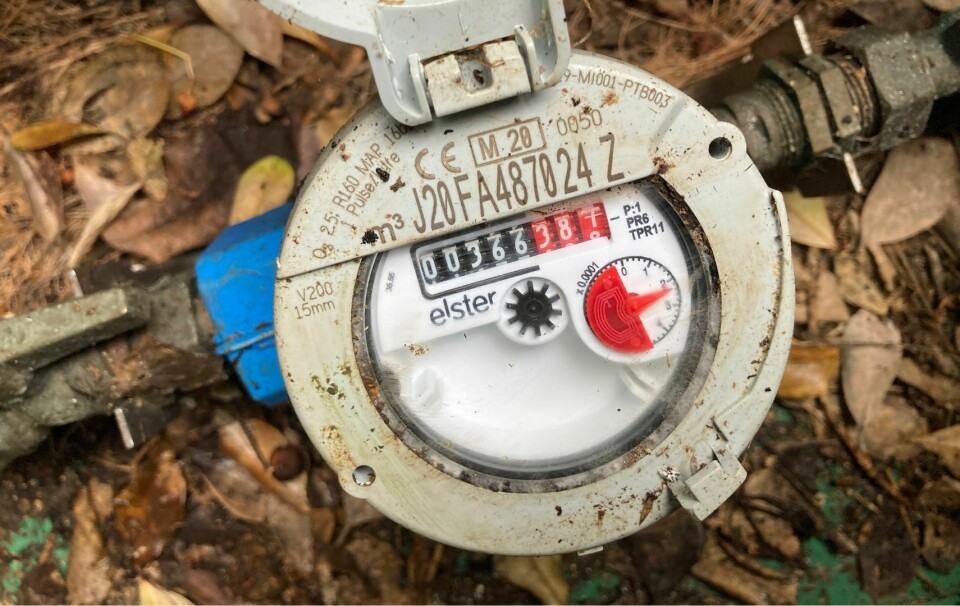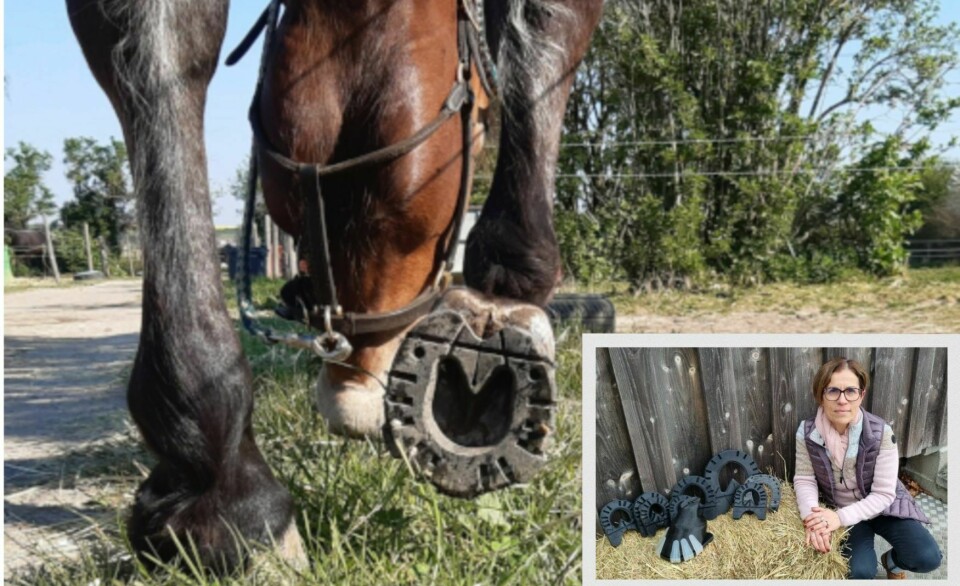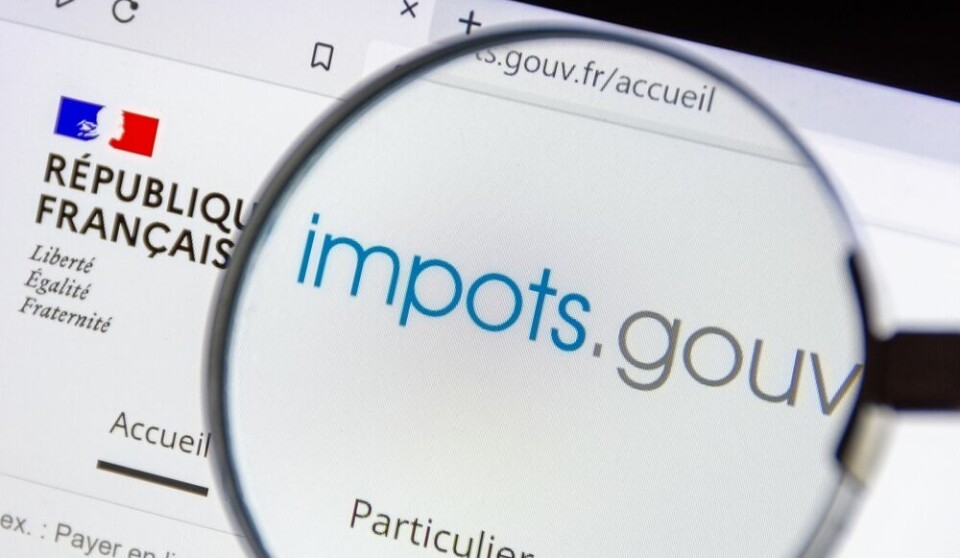-
The 7 ways France plans to improve end-of-life care
Proposals include precise rules for the administration of assisted dying and palliative care
-
Do UK pensioners in France now have to use digital life certificates?
New IT-based services are replacing classic ‘proof of life’ formats for some
-
How would joint ID and health card plan work for foreigners in France?
Scheme to fight fraud made a ‘priority’ by prime minister
How do French healthcare costs change for long-term illnesses?
If you have a long-term illness, declaration of the condition may provide you with reduced medical costs

Reader question: How do I declare a long-term illness in France to be better reimbursed? Are all illnesses treated in the same way?
In France, medical care costs can vary, depending on your insurance, type of illness and a number of other factors.
This question concerns the effects that having a proven long-term illness can have on these costs.
A long-term health condition (affection longue durée or ALD) is defined by the Health Ministry as “an illness whose severity and/or chronic nature requires prolonged and particularly expensive treatment”.
In France, a large portion of healthcare costs are covered by social security if you are in the French health system. Not all costs are covered, however, and what is left for individuals (and potentially top-up insurance if patients have this) to pay is called the ticket modérateur or co-payment. Social security usually covers a base rate of 70% of the cost of a doctor’s appointment, for example.
If you have an ALD, social security will cover more of your healthcare costs in relation to this condition, often 100% of costs for expenses such as doctors’ appointments, obtaining prescribed medicine, X-rays and analysis reports etc.
How are long-term illnesses categorised?
It is important to be aware, however, that not all illnesses that we may see as ‘long-term’ fall under the official category.
In 2011 the Health Ministry established the ‘ALD 30’, a list which covers all illnesses that may allow sufferers to claim exemption from co-payments.
Illnesses on the list include various types of cancer, Alzheimer’s, Parkinson’s, coronary diseases, depression and diabetes among others.
The full list can be found here on Assurance Maladie’s website.
Be aware that the list of illnesses on the list can sometimes be subject to change, and that certain charges, such as the forfait hospitalier daily charge for hospital stays or any dépassemetns d’honoraires (extra fees on top of the basic state tariffs) charged by so-called ‘sector 2’ doctors. Also, not all medicines are necessarily reimbursed at 100% of the cost to you.
What to do if my condition is not on the list?
If you suffer from a long-term illness that is not on the ALD 30 list, you may still be eligible.
Your condition may fall under the category of ALD 31 – “serious illnesses which develop over a period of more than six months, the treatment of which is particularly costly”, which are not on the main ALD 30 list.
There is no set list of ‘ALD31’ list of illnesses; however, you must prove that your illness fulfils at least two of the following four criteria relating to extended treatment:
-
Future (i.e more than one) hospital visits
-
Repeated technical medical procedures
-
Repeated medical testing procedures
-
Frequent and regular paramedical care
There are also cases of ALD32 patients, where a “combination of several conditions result in a disabling pathological state requiring treatment lasting more than six months and which is particularly costly.”
Again, there is no fixed list of all ALD32 conditions and it is up to social security to decide whether you will fall into this category depending on the conditions you have.
Note that occasionally, conditions may be deemed an ALD but not be eligible for reimbursement at 100%. Such ALD non-exonérantes include notably conditions liable to mean you will have to stop work for a period of six months or more or have constant treatment for such a period.
Benefits in this case include the right to at least six months’ sick pay and cover for transport costs.
How do I declare an ALD to social security?
The quickest way to declare an ALD is via an appointment with your GP, who will fill in a ‘health protocol’ form, which is sent off to social security services and assessed by one of their medical officers, who decides which treatments they will cover, and to what amount.
Once this is done, your doctor will draw up an agreement, and your condition will be listed on your social security account within 48 hours.
What do I do, if I do not have a GP?
If you do not have a médecin traitant (typically your own designated GP, who is familiar with your medical history) your local Cpam health authority may be able to help with your application.
In this context, a médecin traitant, who is required to fill out the form does not always mean general practitioner - it can be a specialist or hospital doctor who follows your treatment for your long-term illness.
If you are diagnosed with an ALD during an emergency hospital visit, this doctor can also complete the health protocol form for you.
It is recommended, however, to make sure you have a GP as ALD protocols usually come up for renewal from time to time.
It is estimated however that over 600,000 patients with an ALD do not have a regular GP, and the Health Ministry has stated it will contact these people by the end of June to provide ‘concrete solutions’ to help them retain their ALD status.
Related articles:
Online health account in France: six useful things you can do
What are the costs of hospital stays in France?























